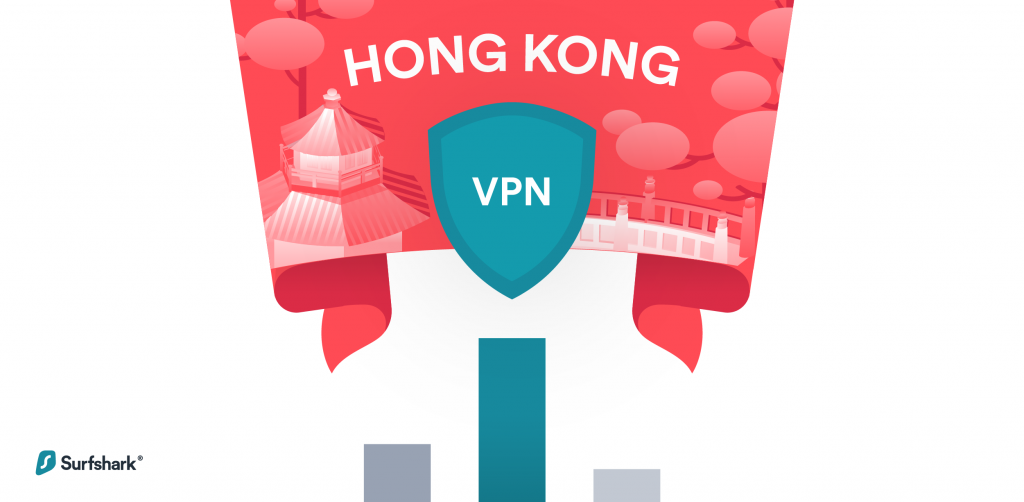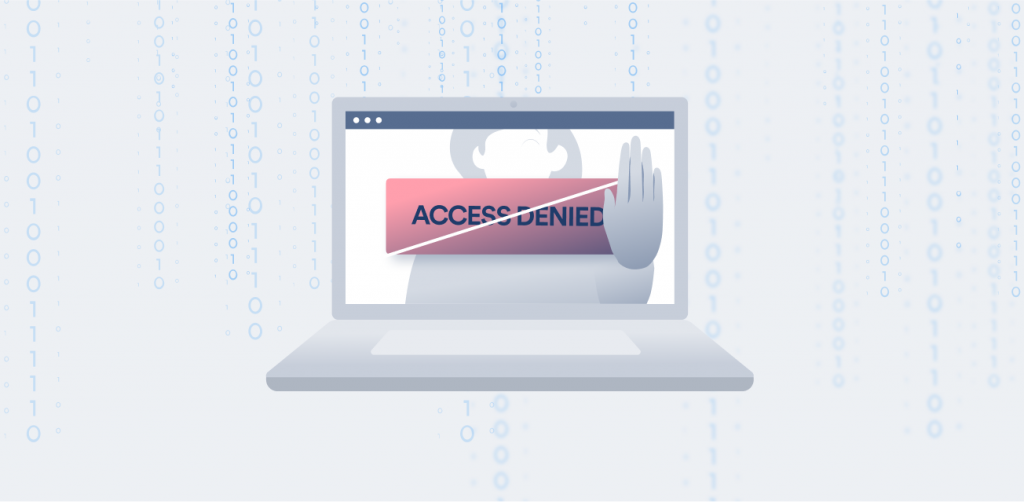
Today, a Beijing official was quoted saying that “Beijing wants to “improve” the system that has allowed the territory to enjoy a level of autonomy for the past 23 years,” Washington Post reports. This strongly signals that Hong Kong’s sovereignty may be coming to a halt. In a swift surge of interest from Hong Kong, Surfshark VPN saw a week’s worth of sales in just 1 hour, which indicates that locals are worried about their Internet freedom.
Surfshark user growth and brand interest chart in Hong Kong (last 25 hours)
“We saw an incredible surge of user growth in Hong Kong directly after the official statement was made public,” says Naomi Hodges, Cybersecurity advisor at Surfshark. “It’s clear that the people in Hong Kong feel their freedom is being directly threatened.”
China has been threatening Hong Kong for a long time
2019 was a difficult year for Hong Kong, with mass protests being organized after China introduced a law allowing for extradition of Hong Kong residents. It comes as no surprise to the majority of the world that these events were very heavily censored in mainland China, although they were intensely covered by global media.
The Freedom House report describes China as “the world’s worst abuser of internet freedom for the fourth consecutive year”. The VPN industry had always felt the impact of this strict censorship regime, as service providers continue fighting against the government blocks.
VPN usage is prevalent in China, and will probably continue growing in Hong Kong
People living in China are always on the lookout for working Virtual Private Networks, even though using non-government mandated services is considered illegal. Although the interest in Hong Kong isn’t as high historically, the mass protests and the recent laws are quickly changing that pattern.
China has already implemented a rather Orwellian surveillance system, with its camera count predicted to reach one camera for every two people by 2022. Its bizarre social credit system already made the news in 2018, and the COVID-19 pandemic seems to have only fed the grounds on which it was built.
If Hong Kong citizens are to be treated like the Chinese citizens in the near future, then it is clear that a lot of people will turn to a VPN as a solution to overcome censorship. The sovereign city has enjoyed much more freedom than its close neighbor, and the mass protests against democracy-denying laws are a clear reflection that its people are not going to be compliant.
Not all VPNs make the situation in surveillance-heavy countries better
China has been notorious for blocking VPN service providers continuously. It’s a difficult fight and not every provider has the technical expertise or the monetary means to game the complicated system of this regime.
Even though some relatively unknown or new providers may slip through the cracks at first, they may not help improve the delicate situation of the people who seek the service.
It’s very important that a VPN provider is not only able to function in a censored country, but also keeps no logs. If the latter is true, then no government can threaten or sue them into giving up data on its users, since that data never existed in the first place.
Another important technical specification is obfuscation (which Surfshark VPN calls Camouflage Mode). This is a technique that obscures VPN traffic and makes it look like regular traffic, therefore lessening the chance that government officials would catch on VPN usage.
For users in censored and surveilled countries, security must come first. That includes extra features that add another layer of safety (such as MultiHop, more commonly known as Double VPN).
Internet censorship is growing globally
Deliberate internet blackouts – a method to control digital landscape and block the public discussion on politically sensitive topics – gains more and more traction. Since 2018, their number has doubled, and last year, 33 countries experienced Internet shutdowns. The resulting cost to the global economy rounds up at about $8 billion.
In addition to cutting access to the Internet, many countries also filter keywords, throttle connection speeds, and block apps. However, it’s sometimes difficult to identify the precise tactics used in these censorship campaigns.
“It is clear that quite often, countries try a variety of technical measures to achieve complete or partial internet blackouts,” says Hodges.
It’s an unsettling trend of controlling and silencing by cutting access to information. Similarly to China,more and more countries learn new censorship techniques, which in turn affects the global economy, politics, and other key areas that have the potential to ripple through to the countries that are considered freer.
For detailed information about these Internet shutdowns, see this article that also includes country-level reports.


